House soiling is one of the major reasons pets are relegated to the back yard or given up for adoption. In youngdogs, it is often a matter of teaching the animal where it is appropriate to eliminate. In intact adult or adolescent animals, marking behaviors are often the problem. In spayed and neutered pets, illness or stress can cause a change in elimination patterns.
Housetraining your puppy or new dog
Supervision is the key to preventing accidents by your pup. Closely supervise your puppy at all times. Watch for signals from the pup that he needs to go outside. Use a leash or baby gates to keep him close. Frequently offer opportunities to go out, and go with the pup to reward him when he eliminates in the correct place.
Confine the pup when you are asleep or out of the house. When you cannot closely watch him, take him out on a leash to potty, then put him in his kennel so that he will not have an opportunity to make a mistake. Make the kennel enjoyable with chew toys and a water bowl. Watch carefully to make sure that any bedding and toys are not being chewed and swallowed.
As soon as you take him out of the kennel, put him on leash and take him outside again. The more often he is successful at eliminating outside, the quicker he will figure it out.
When you are home, but have things to do, have the puppy on a leash attached to you or a piece of furniture near you. This 'tie-down' is like a playpen for a baby. The puppy can be near you, interact with you, but won't be able to get out of your sight and get into trouble. As the puppy gets better, you might use baby gates or closed doors to keep him in the same room with you. The idea is to be able to PREVENT the puppy from having accidents in the house. You can't do that if you aren't watching the puppy.
It can be helpful to make a schedule to follow until you know your puppy understands how to inform you that it needs to go potty. Here is one example of an elimination schedule.
Pay attention when the dog does eliminate. Watch his body language. There are specific things that he has to do before urinating and defecating. If you learn these signs, you can catch an accident before it happens!
Until you are SURE the puppy is housetrained, the ONLY time the pup should be loose in the house is when you are playing with it one-on-one. It's not the puppy's fault if it has an accident in the house. Either you weren't supervising it closely enough, or you didn't take him outside often enough. Remember, they can't reach the doorknob and they can't come up and say "let me out" -- at least not until you teach them how.
Housetraining tips for puppies or newly acquired dogs
1. Take the puppy outside on a leash. There are several reasons for this.
- The pup needs to learn to eliminate while on a leash.
- If the pup is allowed to run around the yard unsupervised, he will probably come back inside and eliminate on the floor because he was too busy 'playing' to do his business.
- If the dog is clear across the yard when he pees or poops, you can't reward him as soon as he's done.
So, put the leash on the puppy. Each time you take the pup out give some verbal cue like, "Let's go outside." Repeat this several times on your way to the door so he learns to associate the word or phrase with going outside. If you missed the signs that he needed to go out, but are able to catch him in the act of eliminating, try to interrupt the process. Call out "OUTSIDE, OUTSIDE!" And quickly rush him out while he still needs to go. Once outside, calmly encourage him to finish then praise him for going in the correct place. The only other thing you can do at that point is clean up whatever he did inside. Do NOT punish the dog.
2. Go outside with the puppy on leash so you will know if he has eliminated. If you just let him out in the yard, he may wait until you bring him back to eliminate. There will be no faulty assumptions if you go out with him and are right there to reward him for the correct behavior. Take a few treats with you and give them to the puppy as soon as he finishes relieving himself. Say "Good Potty" (or whatever you want to call it). The words don't matter as long as you are consistent. Soon you will be able to tell the puppy to "potty" and he will know that you mean for him to take care of business outside.
3. If you have given the puppy opportunities to relieve himself outside and he does not eliminate out there, DO NOT allow him free access to your home. Bring him in and keep him supervised, either in the crate or on a leash near you, until you can give him another chance to go outside. Remember, the puppy is still learning and accidents will happen. Do not punish the puppy for doing something nature requires.
4. If you missed the signals and you find a mess on the floor, do not punish the pup. Punishment at this time will only teach the pup that you cannot be trusted when there is a mess on the floor. He can't associate the mess with the action he did 2 or 20 minutes earlier. Chalk it up to experience and from now on, watch the puppy more closely. Watch for those signs that he has to 'go'. Calmly clean up the mess with one of the many special products on the market for urine odors.
5. If you are consistent in taking the puppy outside and rewarding him, soon your puppy will be house trained. Congratulations!
Back to Training Tips
If you are still having trouble house training your pup, I would love to help you. Check out our classes here.
Thank you,
Judy Seils
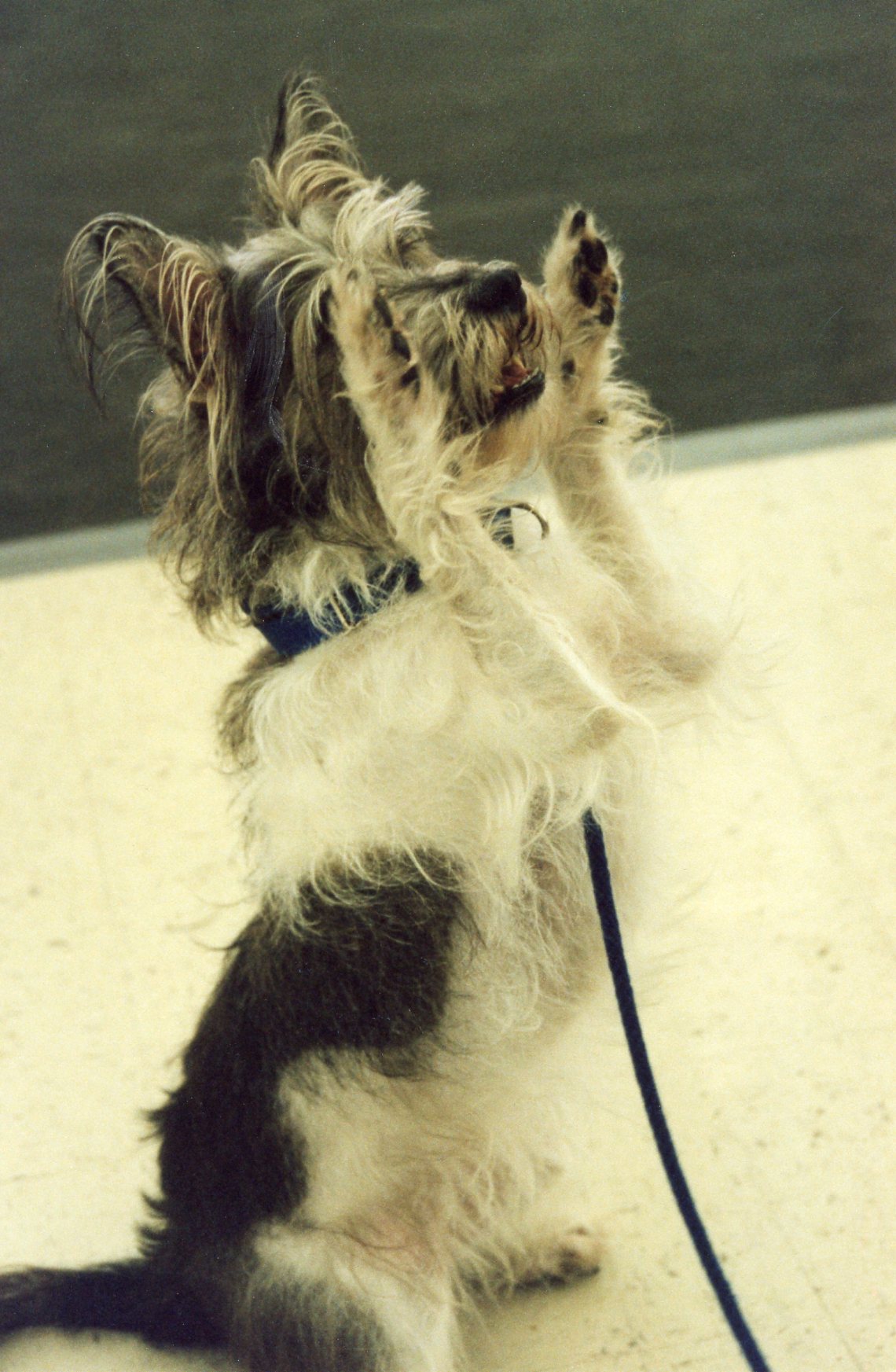
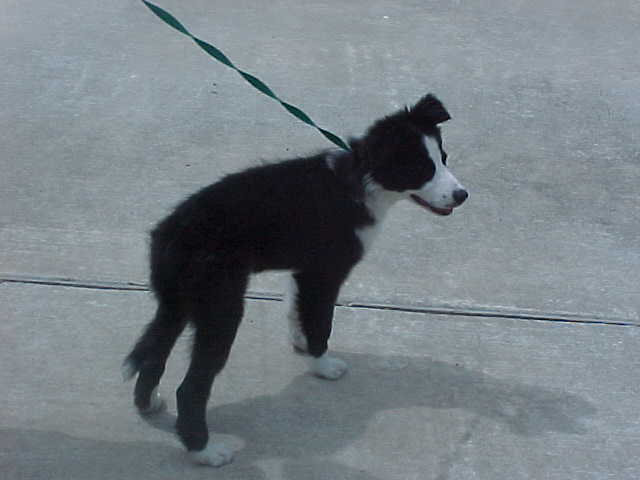
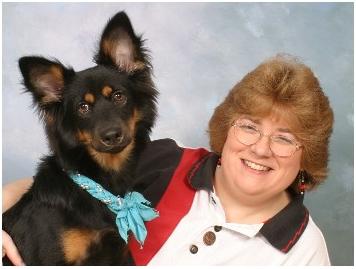


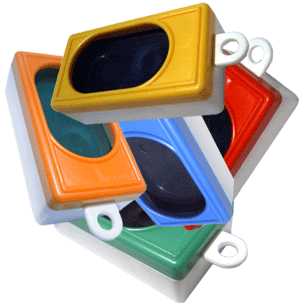
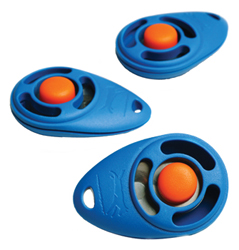


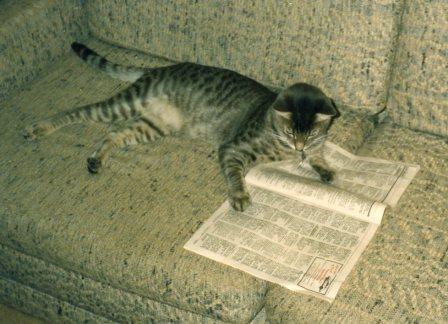
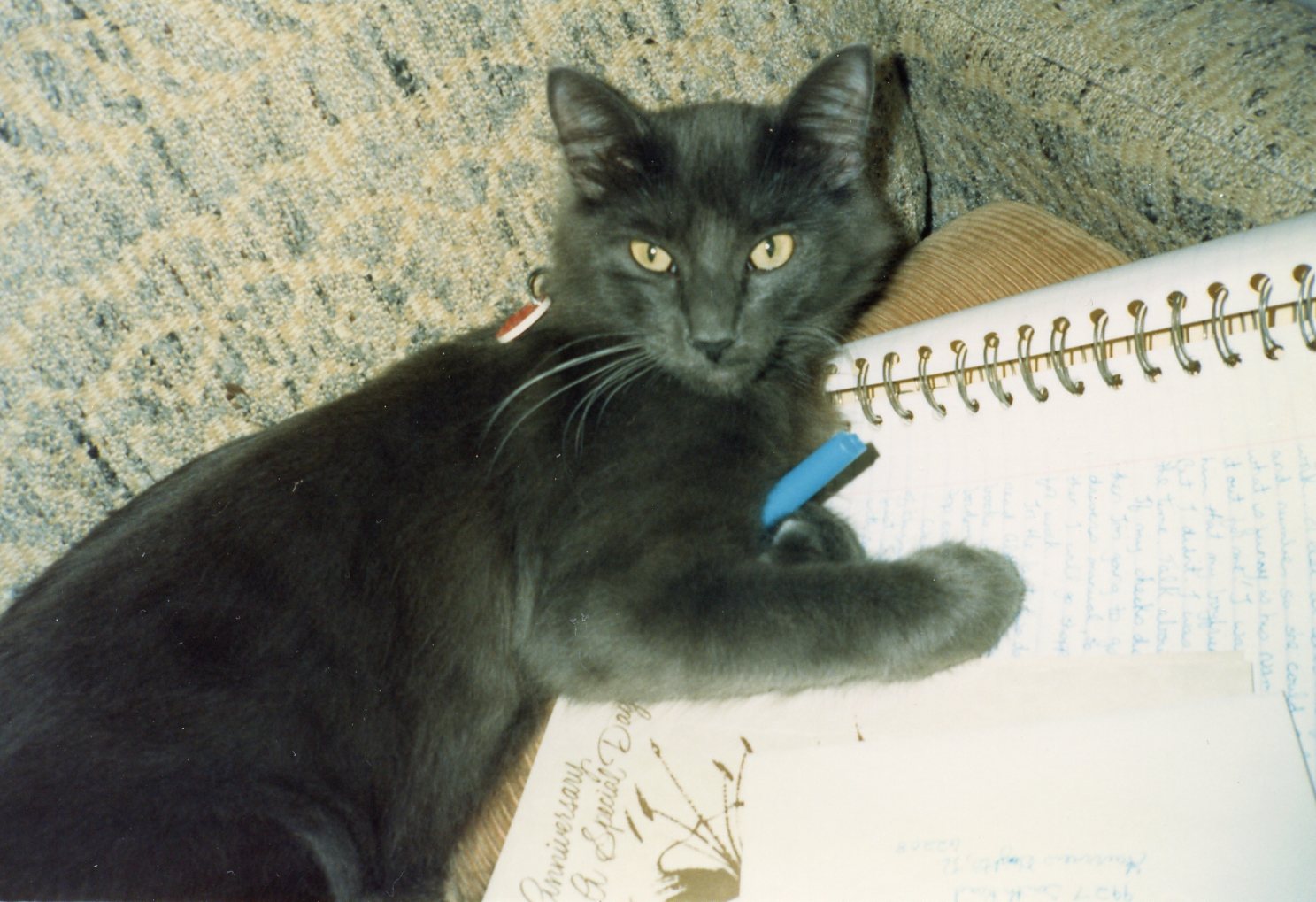
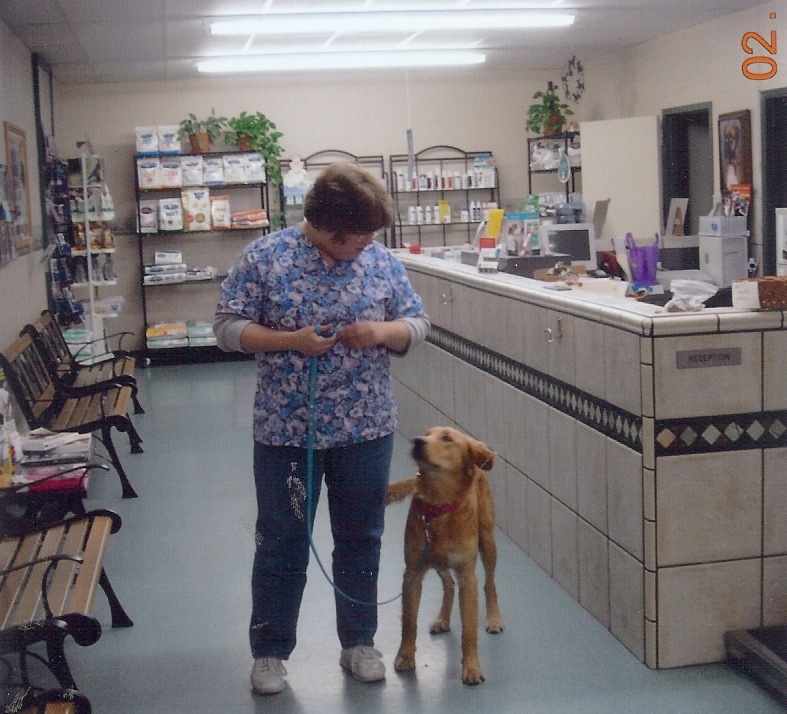
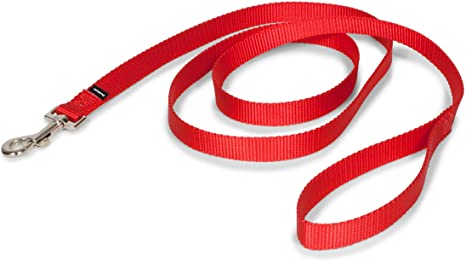
Shouldn't Your Pet Have Pawfect Manners?
You can have a well-behaved pet, let me show you how.
Schedule Your Class!(281) 440-6818
judy.pawfectmanners@gmail.com